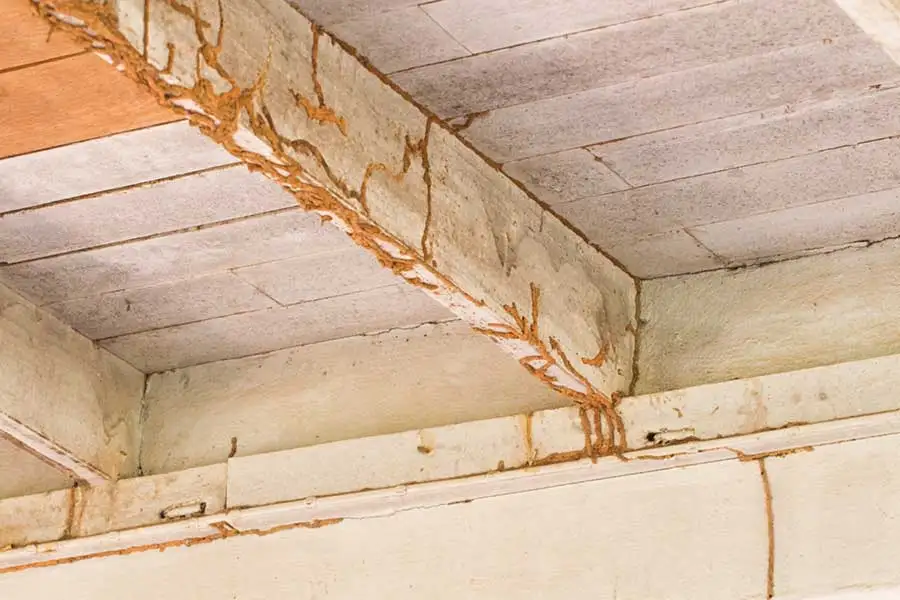
How Do You Fix Termite Damage?
Although homeowners can likely fix any cosmetic damage caused by termites, it’s important to leave structural damage repairs to the professionals.

Termite damage can be very serious. When dealing with termites, it’s important to know the types of damage they cause and how much repairs cost, so you understand what’s at stake.

Although homeowners can likely fix any cosmetic damage caused by termites, it’s important to leave structural damage repairs to the professionals.
Although it’s understandable why you may be wary of moving into a home with a history of termites, it’s completely normal as long as proper precautions are taken.
In addition to eating their way through any structure, item, or piece of furniture containing cellulose, termites can damage foam insulation, windows, and more!
WDI reports, which outline the existence or absence of past or active termites, are necessary for anyone buying a home.
The only way to stop termites from damaging your home is to call a professional to administer treatment as soon as the active infestation is found!
Homeowners insurance is designed precisely for protecting you from damage that is “sudden and accidental” (like a storm or a burst pipe). Termite destruction, by contrast, happens slowly over time.
Severe termite damage can cost Georgia homeowners anywhere from a few thousand dollars to tens of thousands.
Because termites are rarely seen, diagnosing an infestation requires knowing what the damage they cause looks like, which often manifests in tunneled-through or hollow wood.
Depending on the size and age of the colony, termites can cause as little as a few cosmetic problems or as much as severe structural damage.
If you notice the signs of termite damage, whether it’s destructed wood or peeling paint, you likely have an active infestation going on within your home.
At Active Pest Control, we’re always ready to help you with your pest control needs. Contact us for a free, no obligation quote.
Call Today 770-954-9941